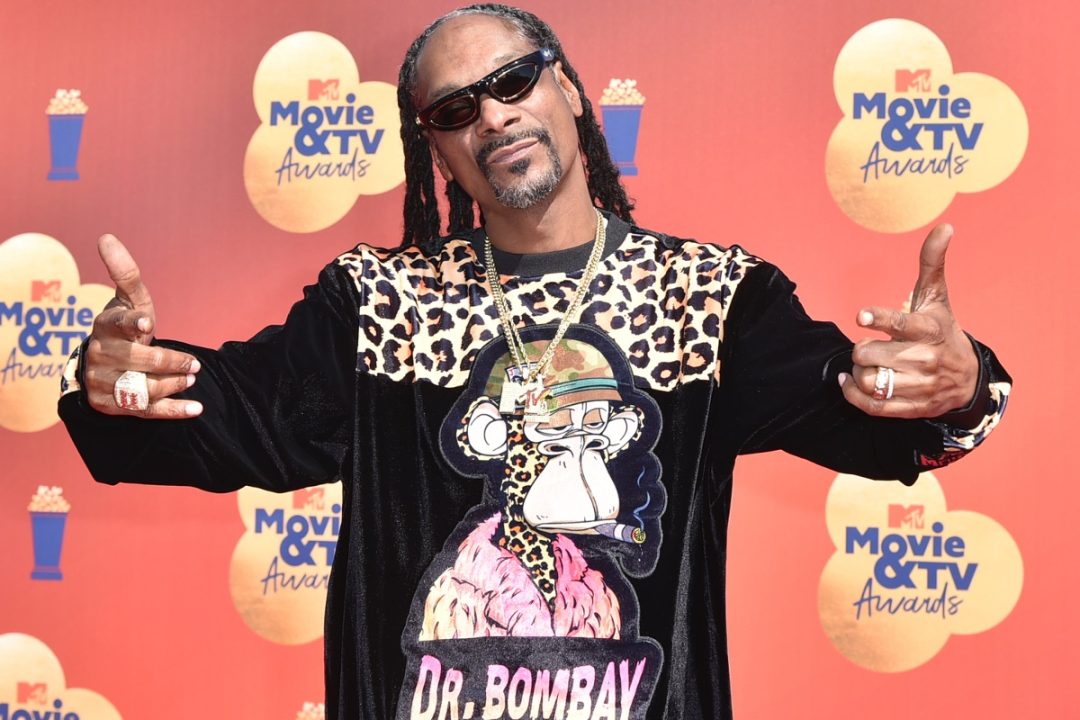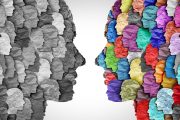
There was a book, published in 1989, that contained a very interesting call to arms. There must be a desensitization of Americans to homosexuality via a “continuous flood of gay-related advertising,” the authors insisted. This requires, they added, a “conversion of the average American’s emotions, mind, and will, through a planned psychological attack, in the form of propaganda fed to the nation via the media.”
That book was titled After the Ball: How America Will Conquer Its Fear and Hatred of Gays in the 90’s. (“Fear and hatred” is what leftists typically call moral clarity.) It was penned by two homosexuality activists, one of whom, Hunter Madsen, was a marketing man by trade. And the propaganda attack they called for has been successful — just as they predicted.
In fact, if the two authors’ vision is not yet wholly realized, it’s only in that some will still publicly object to the sexual devolutionary agenda. (Madsen and his co-author, Marshall Kirk, would likely say this means cancel culture isn’t yet intense enough.) And now we can count rapper “Snoop Dogg” among those raising objections.
“[T]hey’re putting it [homosexuality] everywhere,” the performer, born Calvin Cordozar Broadus Jr., recently lamented. This reality hit him hard after he took his grandson to see the 2022 Disney animated film Lightyear. What struck him — and his grandchild — was that one of the characters has two moms. This left Broadus flummoxed as to how he was going to answer the boy’s consequent questions. I’m “scared to go to the movies” now, the rapper said.
When You’ve Lost “Snoop Dogg” …
You’ve probably jumped the cultural shark. Speaking of which, Newsweek provides background on the story:
Snoop Dogg’s remarks reflect a broader cultural divide over LGBTQ+ representation in media targeted at children. With major studios like Disney increasing the visibility of same-sex characters, reactions range from celebration to controversy, particularly when such representation appears in family films.
Lightyear, released in 2022, was Disney’s first animated feature to depict a same-sex kiss and portray a couple of the same gender [sic] raising a child. These scenes sparked backlash among conservative commentators and led to the film being banned in several countries.
As for the scoop on Snoop, the New York Post reports:
“What you see is what you see, and they’re putting it everywhere,” the rapper, 53, said on the Aug. 20 episode of Dr. Sarah Fontenot’s “It’s Giving” podcast.
… “They’re like, ‘She had a baby — with another woman.’ Well, my grandson, in the middle of the movie is like, ‘Papa Snoop? How she have a baby with a woman? She’s a woman!’” he recalled.
“‘Oh s[*]-t, I didn’t come in for this s[*]-t,” Snoop … remembered thinking. “I just came to watch the g[******]n movie.”
Snoop said that his grandson, who was confused by the same-sex couple, asked him, “They just said, she and she had a baby — they’re both women. How does she have a baby?”
“So it’s like, f–k me, I’m like scared to go to the movies,” Snoop told Fontenot. “Y’all throwing me in the middle of s[*]-t that I don’t have an answer for.”
“It threw me for a loop,” Snoop added. “I’m like, ‘What part of the movie was this? These are kids. We have to show that at this age? They’re going to ask questions. I don’t have the answer.’”
Dogg in the Doghouse?
Predictably, Broadus’ lack of “broad-mindedness” (by leftists’ lights, that is) has led to demands that his career be destroyed. As Newsweek tells us, for example, there have been
calls to cancel Snoop Dogg’s upcoming performance at the Australian Football League (AFL’s) Grand Final, according to local broadcaster 9 News Australia.
And the Post cited a number of sexual-devolutionary critics. For example, “Imagine being Snoop Dogg, the face of weed and murder rap,” one tweeted on X, “but scared of representation in a kids movie.”
In all fairness, too, if “Snoop Dogg” really promoted cultural rectitude, he wouldn’t, well, be “Snoop Dogg.” But at issue here isn’t a person, but a movement — and ideas.
As to this, another critic was shocked that a 50-something man didn’t know how to talk about “same sex parents.” Yet another thought it was simple: Just explain that sometimes “girl likes girl,” the respondent wrote.
Moral Confusion
In reality, the sexual devolutionaries have a point here; in fact, they’re being consistent. That is, on the one hand, the wider society likes to say, “It doesn’t matter whom you love. It’s bigotry saying otherwise, too.”
“And who am I to judge?”
The whole idea, the premise, is that normal sexuality and homosexuality are morally equivalent. And, well, it then follows that if opposite-sex relationships can be portrayed in entertainment, so can “morally equivalent” same-sex relationships.
That corollary follows from the premise. And the problem today is that too many people want to entertain the premise, but reject the corollary. The wider society is, in fact, as confused, uncomfortable, and scared as Broadus is. They don’t want to accept the whole lie any more than they want to accept the whole truth.
Yet as I pointed out in “The Acceptance Con” (2013), we cannot have this cake and eat it, too. After all continual tolerance of a thing allows it to exit the closet. This leads to marketing — as After the Ball prescribed — and to inurement. This, in turn, leads to acceptance and then, as the process continues, to advocacy and possibly “favored status.”
And here we are. Our attitude today can be analogized thus: “You can take these drugs; it’s perfectly fine, normal, and healthy. Who am I to judge?”
(“Just don’t let me see you doing it.”)
“And whatever you do, don’t wave these fine, normal, healthy things under the noses of kids.”
Make sense?
So, really, almost two generations After the Ball we should ask: Are we having a ball?
Or is it time to rediscover what closets are for?




